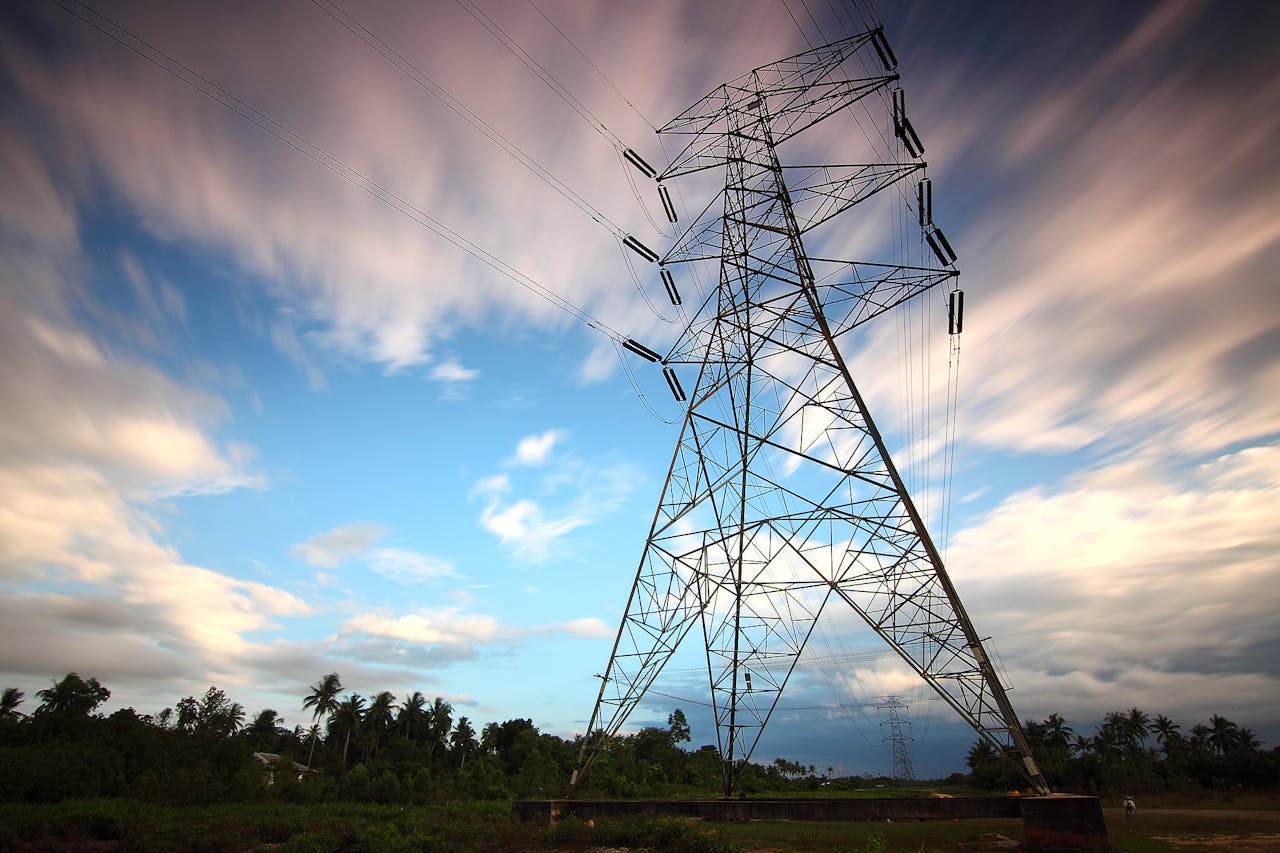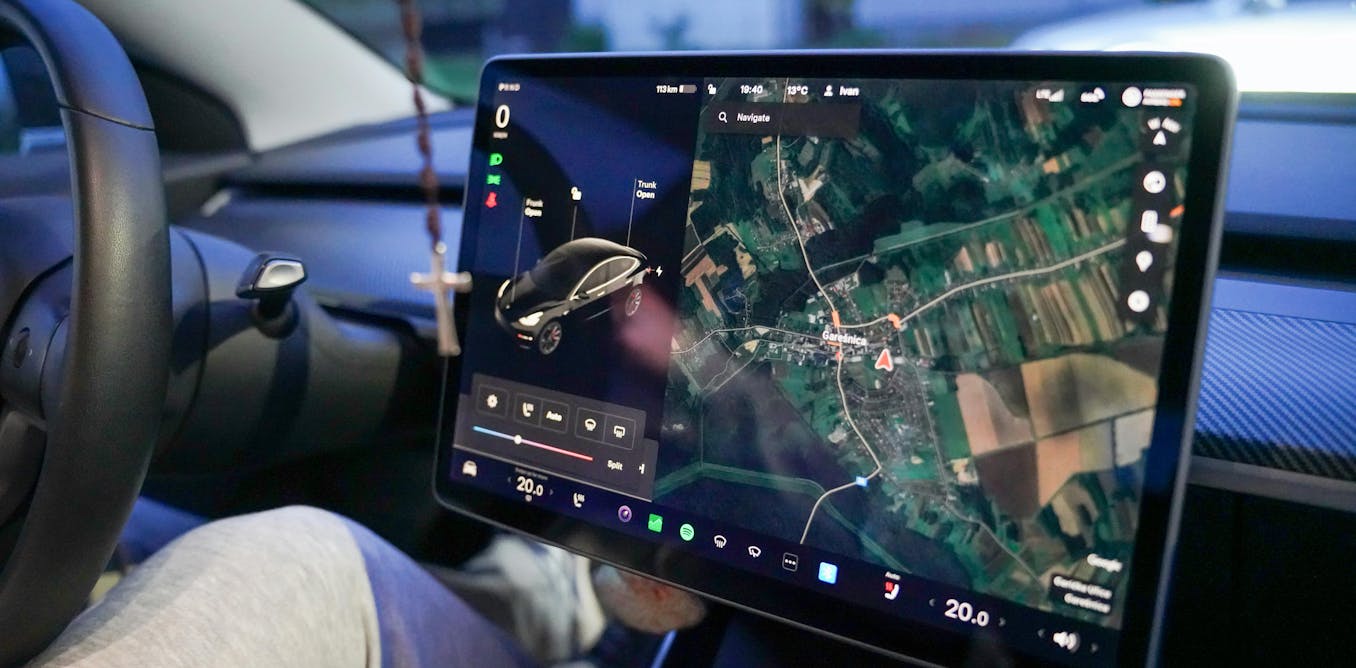The rise of artificial intelligence is causing a surge in demand for sustainable electricity. Data centers around the globe are straining to keep up, causing tech companies to turn to renewable energy sources.
New AI technology requires high-performance computing power, raising the energy efficiency bar. In addition, responsible management of these resources is becoming a priority for reasons related to cost efficiency and environmental protection.
Leaders in the tech industry are examining ways to minimize potential environmental harm. Some initiatives involve using advanced tech to pinpoint areas rich in solar and wind energy.
These leaders are focused on developing hardware and equipment that conserve resources and promote energy efficiency. Their goal is to reduce carbon emissions and the overall environmental impact.
There are also strategies in place for managing waste and recycling, ensuring obsolete technology is disposed of responsibly. A global collaborative effort is underway to ensure that tech growth does not harm our planet.
It is impossible to predict how your request for homework assistance from AI may impact freshwater stocks or carbon emissions.
Cirrus Nexus CEO, Chris Noble, emphasizes the need for data centers to exploit renewable energy sources. The anticipated widespread adoption of AI-powered computation is believed to have strong implications for climate change.
Currently, data centers and transmission networks, including major tech companies like Google, Microsoft, and Amazon, are responsible for roughly 1.5% of global energy use. These companies have sworn to meet climate goals; however, the quick progression of AI applications poses challenges to these targets.
Load shifting, a solution promoted by Google and Cirrus Nexus, might be the answer. It matches data center operations with the availability of renewable energy. However, potential obstacles exist, such as data sovereignty policies hindering data flow across borders.
Despite these obstacles, Google and Cirrus Nexus have field-tested load shifting and found it promising in reducing emissions. In fact, Cirrus Nexus recorded lower expenses and reduced carbon intensity thanks to increased access to solar power in The Netherlands.
These advancements show that significant strides are being made in developing sustainable practices in our technological world.
Featured Image Credit: Photo by Pok Rie; Pexels

The post “AI growth spurs demand for sustainable electricity” by Deanna Ritchie was published on 02/27/2024 by readwrite.com
































